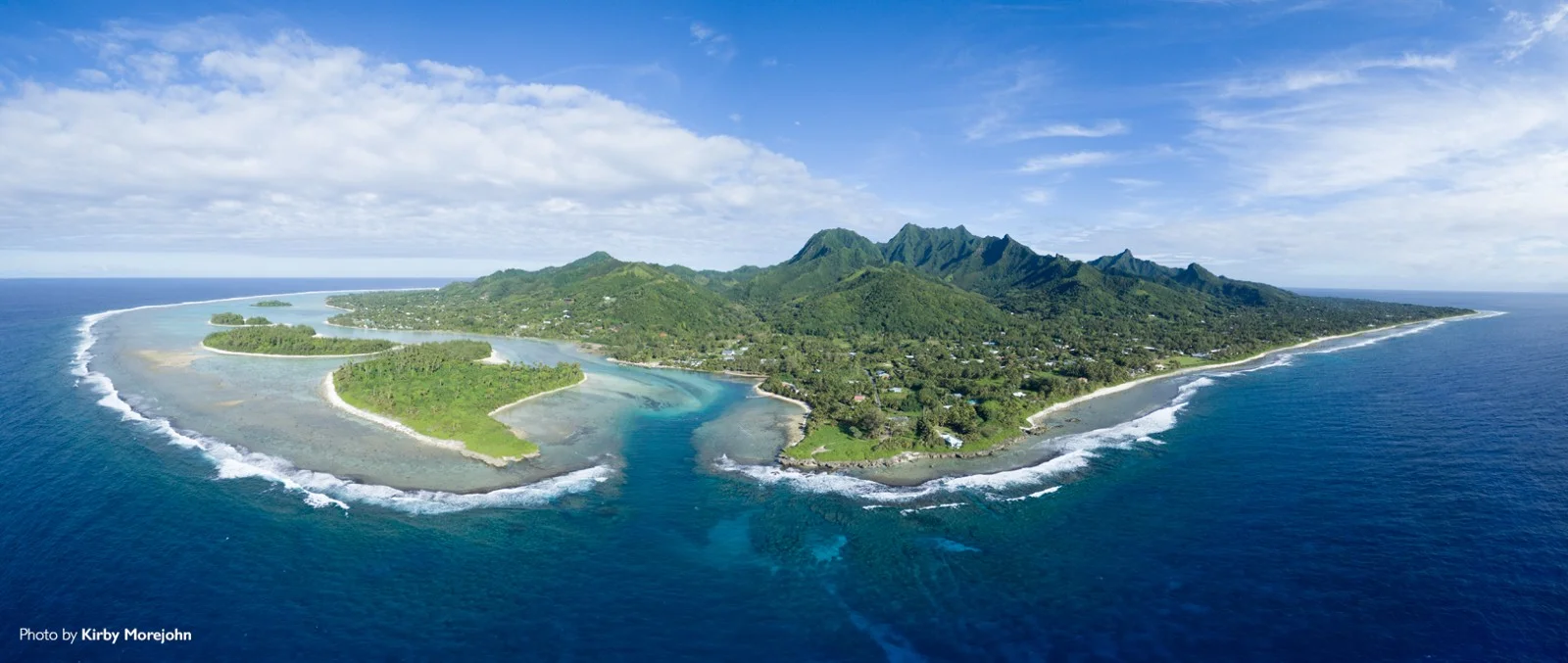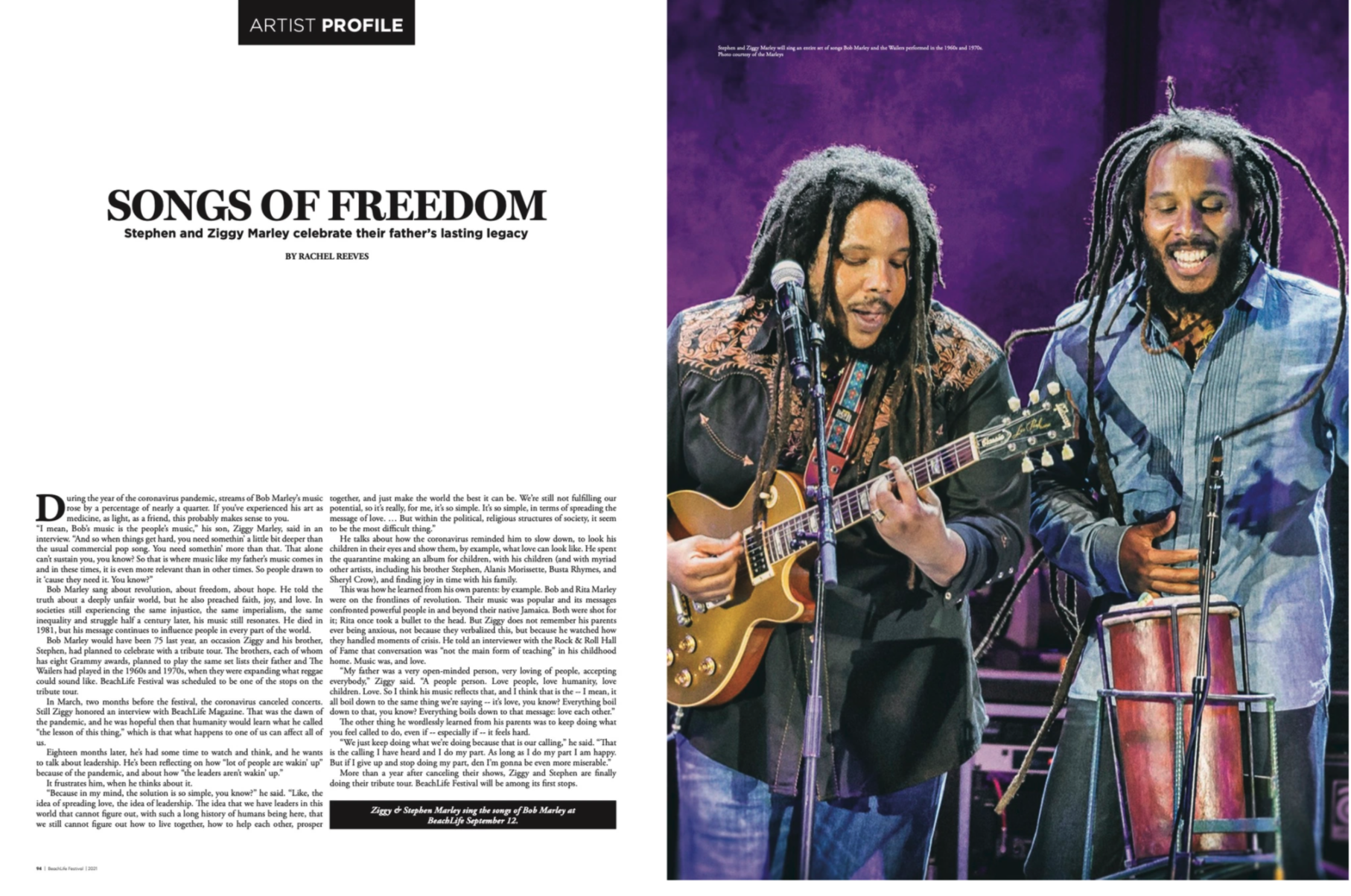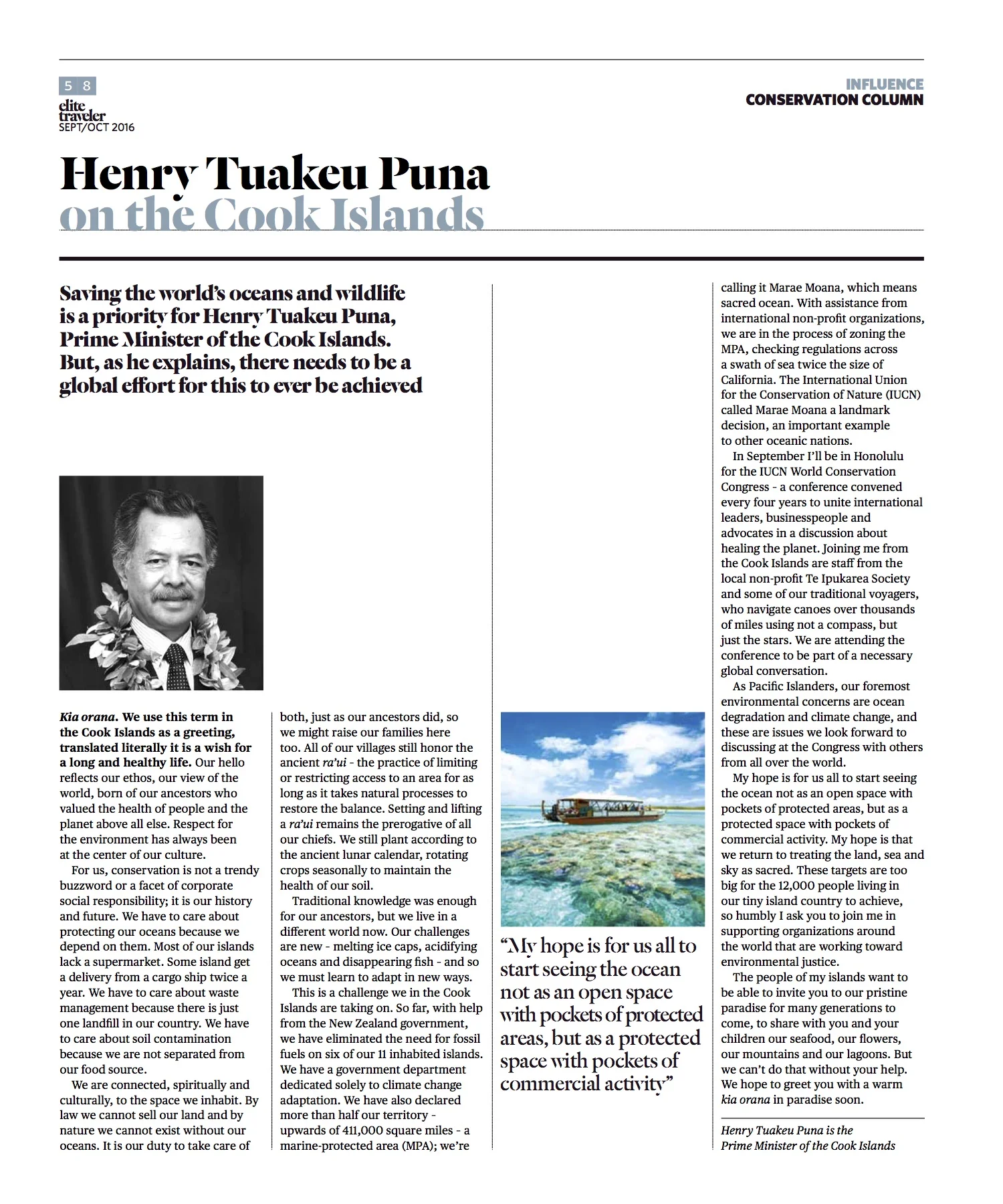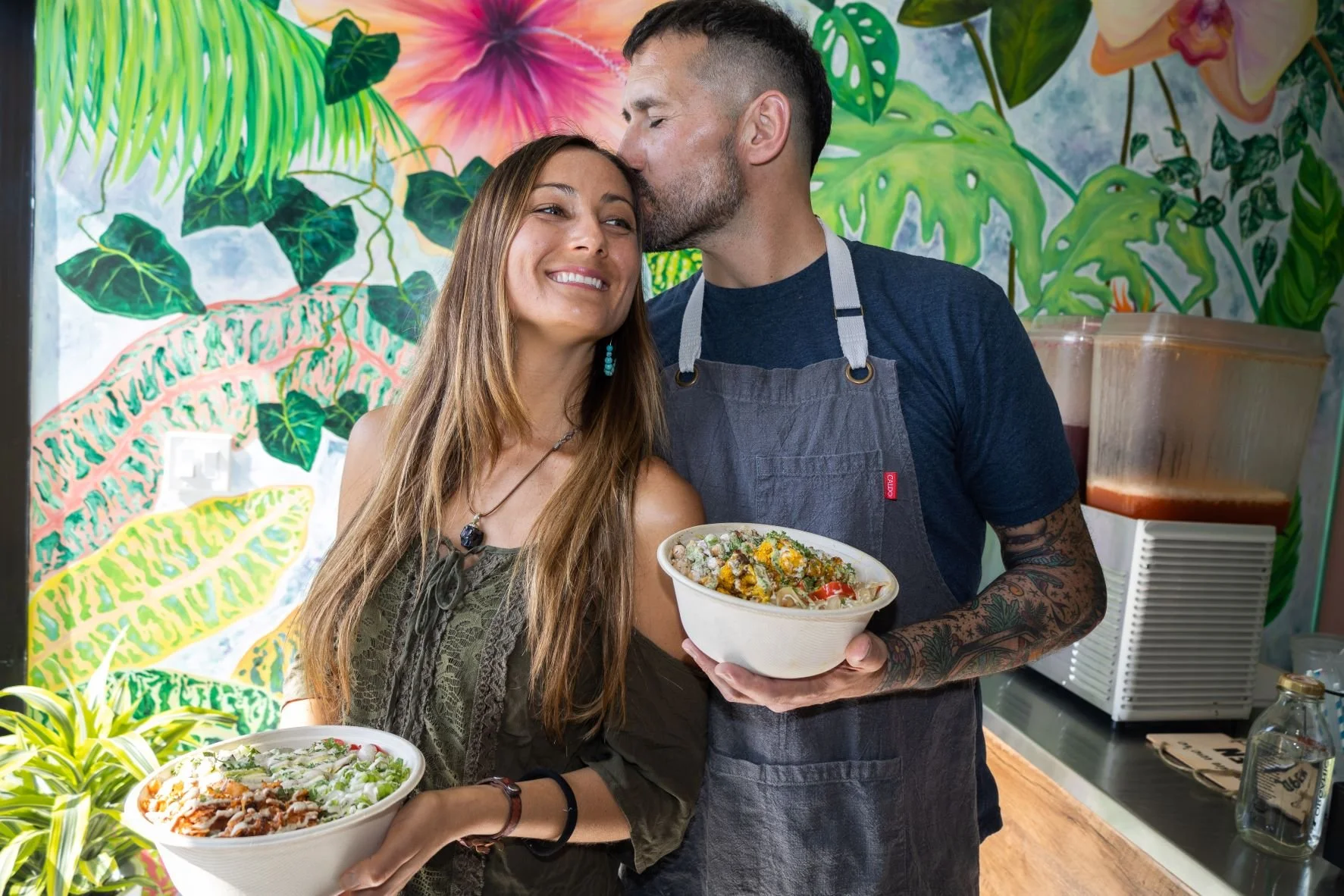PHA
Appeared on Medium
Just a few generations ago, the Cook Islands — an oceanic nation next to Tahiti, and analogous except for the flag of its colonizer — was an exceptionally healthy place. Crystal lagoons sparkled with the shine of strict management. A visiting American dentist recorded, in the 1920s, minimal tooth decay and no chronic disease among those who were still eating from the land and sea.
Today, the building blocks of health remain: sunshine, rain, soil, and sea are constants; growing and catching food is heritage. Wisdom fine-tuned over centuries hasn’t disappeared entirely, especially not on outer islands. Cook Islanders are the descendants of the greatest navigators and voyagers in world history, who used the stars and swell patterns to find their way across oceans, of storied fishermen, of prolific planters.
Today, at least on the country’s most populated island, the foreshore is where you develop hotels and the store is where you get your food. Fishing is getting tougher. Corals are dying. Algae are consuming too much oxygen.
The decline in environmental health is a mirror of what’s happening on land. Four years ago, CNN ran a story calling the Cook Islands the most obese nation on Earth. While there are valid rebuttals to this statistic, it’s also true that 80% of deaths in the Cook Islands are caused by non-communicable diseases, many of them diet-related.
In short, the world has carried into the Cook Islands the thing that has made humans, land, and the ocean sick — a mentality that money matters more than health, and that to be healthy you need money. Progress has pushed us away from the Earth — the nourishment it provides and the understanding of how it works.
I first came to really appreciate the value of traditional knowledge when I was commissioned to write a book about a cyclone that devastated a sea-level atoll where people survived because they remembered what had been preserved through story.
After that project the designer, editor, and I talked about beginning another: a publication that would encourage healthier and more sustainable choices by highlighting the value of ancestral knowledge.
We used science popularized by Blue Zones — an organization that grew out of a National Geographic story about the world’s longest-living people who don’t necessarily have access to high-quality healthcare but live naturally. We also used the Bible, a widely respected source of wisdom in the Cook Islands. Not surprisingly, both of these sources validated local knowledge.
We are in the process of producing the second issue of Lokal Magazine, which explores food, healing, relationships, the environment, and culture and the age-old point that humanity and the world are interconnected.
Addressing diet-related disease means encouraging local food production and sustainable agriculture, both important adaptation strategies for a nation, and world, feeling the impact of climate change. Addressing mental health issues means encouraging healthy diets and time in nature.
Islands are microcosms. On islands, it’s easier to notice the negative impacts of modern living; it’s also easier to reverse the damage. The response to our publication has been encouraging. What we are learning from the experience, and from other organizations doing powerful work around the world, is that we are in the process of waking up to what we already knew.


















